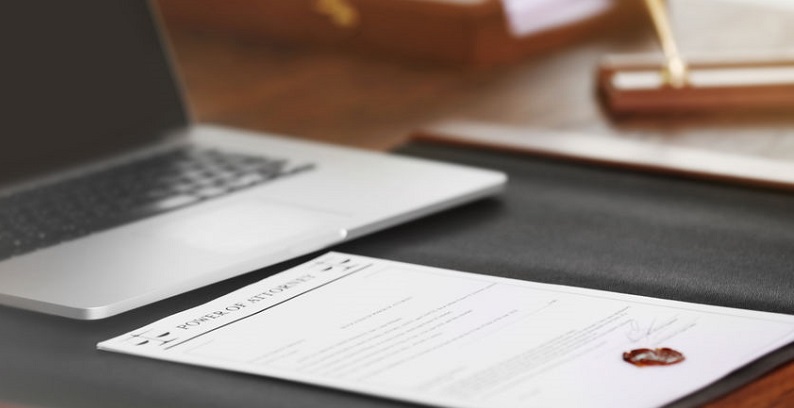A Colorado personal injury attorney who has received privileged communications from a client cannot repeat them to anyone outside the legal team without the client’s consent.
How the Rule Might Apply to Your Colorado Personal Injury Case
According to American Bar Association (ABA) Model Rule 1.6, attorney-client privilege is a legal rule that protects the confidentiality of communications between an attorney and their client. The privilege is most commonly asserted when a discovery request is made involving attorney work product or the lawyer is required to testify under oath or otherwise produce evidence concerning a client.
Under Colorado law, the court cannot force an attorney or their client to reveal their confidential communications, whether they happen in phone calls, face-to-face meetings, text messages, emails, or letters sent through the mail.
1. What is the purpose of the attorney-client privilege?
The purpose of attorney-client privilege is to inspire clients to willingly share information with their attorneys. This, in turn, allows lawyers to use the information to provide the most efficient legal representation possible.
2. When does the privilege officially begin?
Attorney-client privilege covers preliminary communications between a potential client and an attorney, and the lawyer is not permitted to disclose what the potential client reveals in confidence, even if the lawyer does not end up providing representation. But as a rule, a client should always confirm that the privilege exists with a prospective attorney before revealing any confidential information.
3. Who and what does the attorney-client privilege protect?
Attorney-client privilege only pertains to actual conversations between the client and the lawyer, and only covers information provided for the purpose of obtaining legal representation. If the information is available from another source, it is generally not privileged. Therefore, information cannot be protected simply because it has been shared with an attorney.
4. Does the attorney-client privilege apply to non-lawyers?
Attorney-client privilege extends to paralegals and all non-lawyers who work with the attorney. For this reason, attorneys need to implement policies to protect client information and train their staff regarding the importance of confidentiality. Ensure that anyone you hire has such policies in place before working with them.
5. Does attorney-client privilege ever expire?
Although many people believe that attorney-client privilege expires upon the death of the client, the general common law rule is that attorney-client privilege is forever, and even the U.S. Supreme Court has held that it survives death. The ABA Rules of Professional Conduct generally protect posthumous client confidences and all material relating to the representation of a client.
6. Can the attorney-client privilege be waived?
A Colorado personal injury attorney who has received privileged communications from a client cannot repeat them to anyone outside the legal team without the client’s consent. The client can decide to waive privilege, but the lawyer is not allowed to. A client can also forfeit privilege by repeating a conversation they had with an attorney to a third party, or by having another person present during a conversation with their lawyer.
7. Are there any exceptions to the attorney-client privilege?
An exception to attorney-client privilege could arise if the privilege is overridden by public policy, such as if a client shares information with an attorney in an attempt to use the lawyer’s services to commit or cover up a crime or fraud. Most jurisdictions, including Colorado, will also make an exception to attorney-client privilege to prevent death or substantial bodily injury, to detect and resolve conflicts of interest, and to allow an attorney to comply with a court order.
If you or a loved one has been injured due to another person’s negligence and are seeking competent legal representation, contact Colorado accident attorney Dan Rosen for a free consultation.

